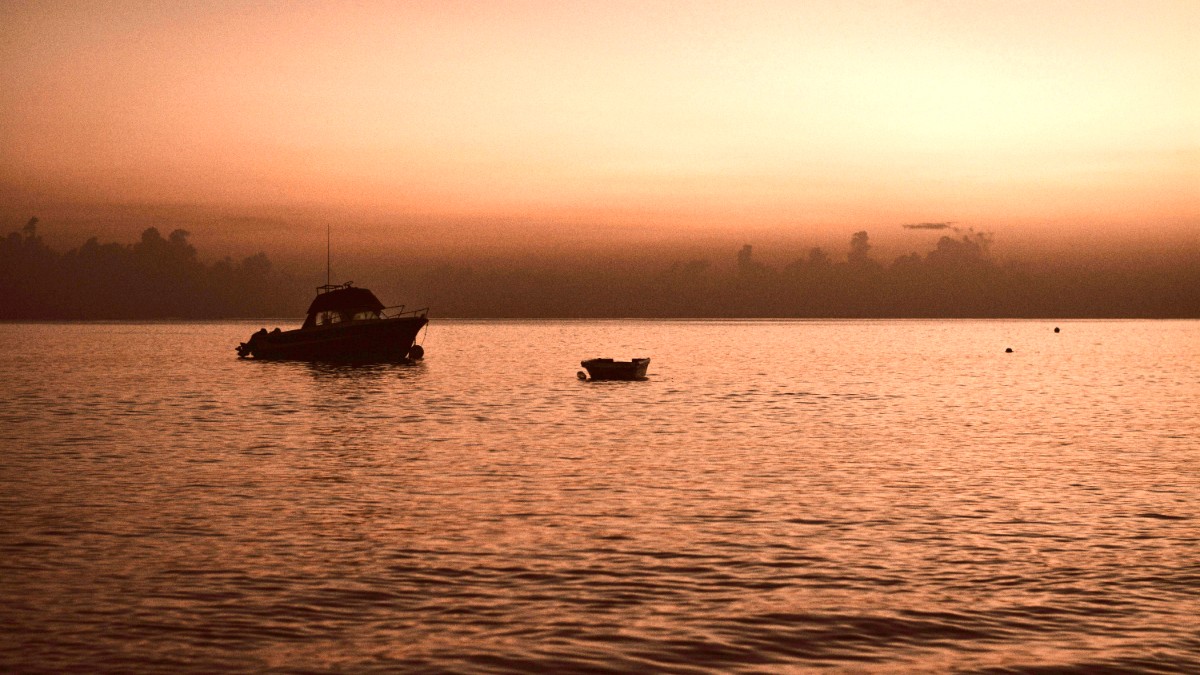
Antigua And Barbuda
Citizens of many countries do not need a visa for tourist stays, typically up to six months. This includes the United States, Canada, United Kingdom, European Union (Schengen Area), Australia, New Zealand, and numerous Caribbean and Commonwealth nations.
Travelers from countries not on the visa-exempt list must obtain a visa before arrival. Applications proceed through Antiguan embassies, high commissions, or consulates. An Online e-Visa portal is also available via the Government of Antigua and Barbuda website. The process typically involves submitting an application form, passport, photos, flight itinerary, accommodation details, and proof of funds.
No general entry fees apply for tourists. Upon arrival at V.C. Bird International Airport (ANU), travelers go to immigration control. Present your passport, completed immigration form, and other documents. Customs declaration forms are also necessary.
Visitors wishing to drive need a local driving permit. Acquire these upon presenting a valid foreign driver's license at local police stations or through car rental agencies. The cost is approximately XCD 50 (USD 18.50).
Vaccination requirement
Arriving from or transiting through a country with Yellow Fever transmission risk (travelers aged 1+ year).
International Certificate of Vaccination or Prophylaxis (ICVP) showing vaccination proof.
General travel health
Routine vaccinations (MMR, DTP, Varicella, Polio, Flu).
Hepatitis A, Hepatitis B, Typhoid. Rabies for animal contact.
The official currency is the Eastern Caribbean Dollar (XCD), pegged to the U.S. Dollar at XCD 2.70 to USD 1.00. U.S. Dollars are widely accepted, especially in tourist areas. Major credit cards like Visa, MasterCard, and American Express are accepted at most hotels, restaurants, and larger shops. ATMs are available in St. John's and other populated areas, dispensing XCD. Exchange currency at banks.
A 10-15% tip is standard in restaurants if a service charge is not already included. Porters usually receive XCD 5-10 per bag, and housekeeping XCD 10-20 per day. Tip taxi drivers 10-15% or round up. Tour guides typically receive 10-15% of the tour cost, or XCD 20-40 per person for a half-day tour.
$75-$160 (guesthouses, local eateries, public buses, free beaches)
$260-$530 (mid-range hotels, mix of dining, taxis/car rental, excursions)
$800-$1000+ (luxury resorts, fine dining, private transfers, high-end activities)
$30-$1500+ (hostel bed to luxury villa)
XCD 10-200+ (USD 3.70-74+) (street food to fine dining)
Prioritize your well-being with these health and safety tips for Antigua.
Be aware of potential health issues and ways to minimize risks.
Mount St. John's Medical Centre (MSJMC) is the main public hospital with emergency services. Private clinics are also available. Pharmacies are found in St. John's and other towns.
Keep these important numbers accessible.
The dry season (December-May) generally works best for most outdoor activities in Antigua.
The dry season offers stable winds, calm seas, and clearer waters, making it excellent for various pursuits.
For land-based exploration, drier trails and comfortable conditions make hiking more pleasant during these months.
Antigua is a world-renowned sailing destination. Stable winds and calm seas make the dry season (December-May) a prime time for sailing and yachting events.
Antigua Sailing Week is a major international regatta.
Wet season brings less predictable conditions for sailing.
With 365 beaches, water activities are central. Clear waters and calm conditions during the dry season are ideal for snorkeling, diving, and general beach relaxation.
Visibility for diving is best when rainfall is low.
Rainfall in the wet season may temporarily affect water clarity.
Antigua's terrain offers various hiking opportunities, from coastal paths to historical trails. Drier conditions of the high season make these explorations more pleasant.
Trails are less muddy and walking is more comfortable.
Wet season rains can make trails slippery and humid.
| Activity | Ideal Season | Notes |
|---|---|---|
| Sailing / Boating | Dry Season (Dec-May) | Stable winds, calm seas. Antigua Sailing Week in late April/early May. |
| Beach / Snorkeling / Diving | Dry Season (Dec-May) | Clearest waters, minimal disruption for marine activities. |
| Hiking / Exploring | Dry Season (Dec-May) | Drier trails, comfortable conditions for outdoor walks. |